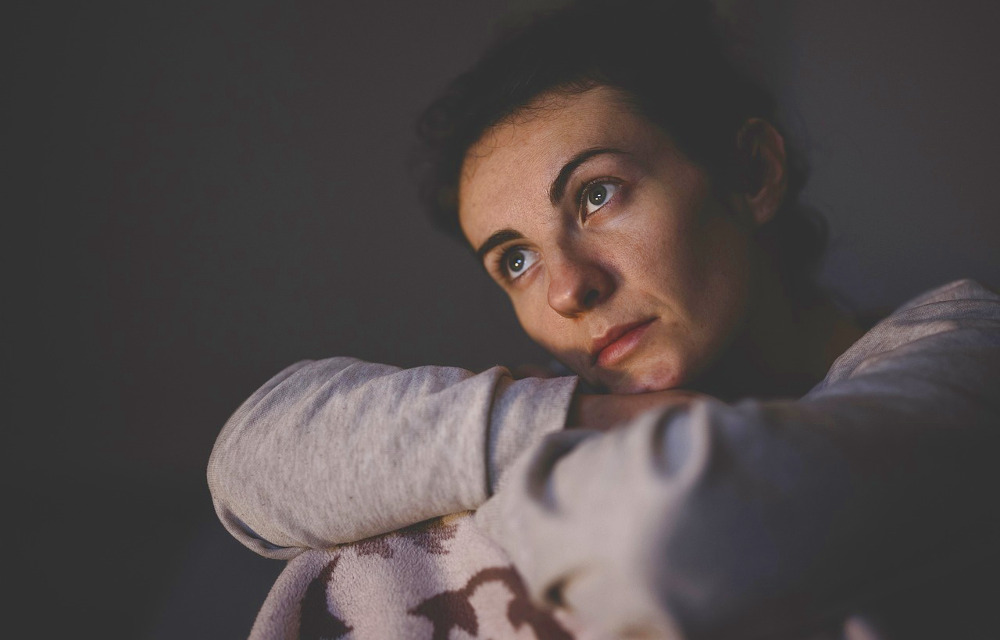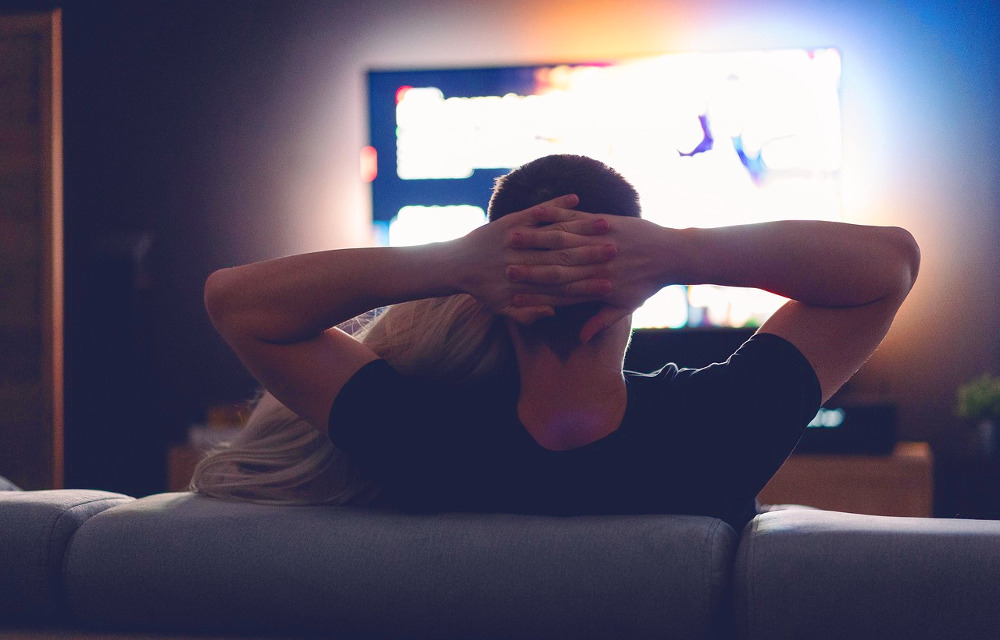
After a long day, most of us reach for the remote and settle down on the sofa in front of the TV as a way to unwind, but have you ever wondered whether your favourite pre-bedtime viewing could be affecting your sleep? After all, a soothing nature documentary is a very different watch to the shouting and swearing of MAFS!
To find out whether there is a correlation between bedtime viewing and sleep quality, we surveyed 2,000 UK adults and asked them how much telly they watch on a nightly basis, which genres dominate their pre-sleep routines, and crucially, how much and how well they sleep...
Read on for the findings, plus practical sleep tips from our sleep expert to help you rest easy, whatever you watch.

